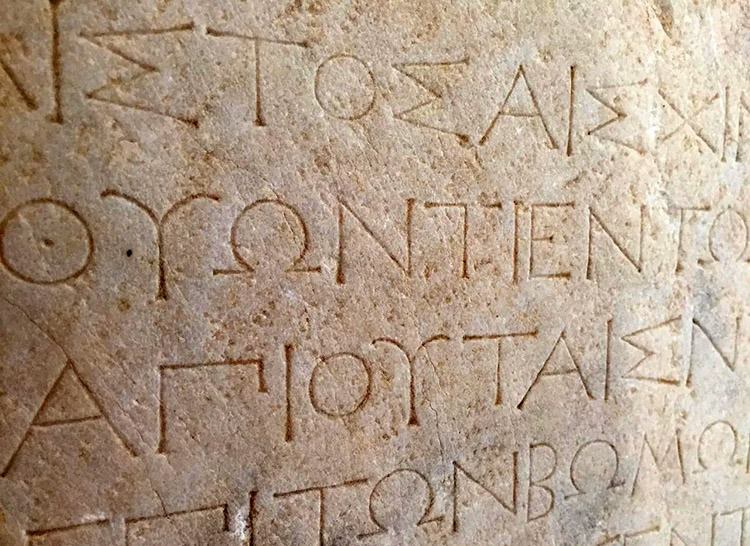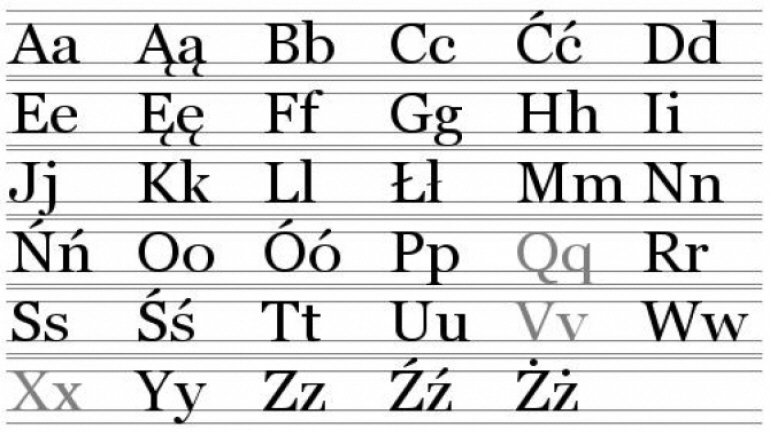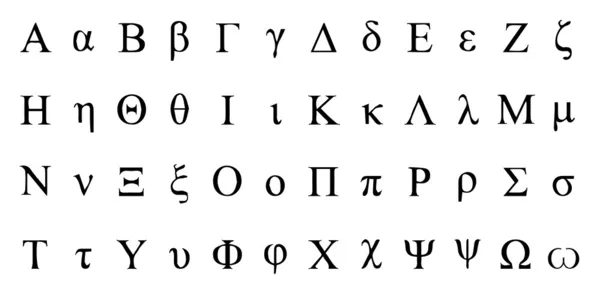
Linguistic borrowings are a natural process related to political, economic and cultural contacts. The more frequent, the more new words in the language. The more prestigious a language is, the more it influences others. It is worth checking out a Polish dictionary to see how much we have borrowed from Greek.
SHORT HISTORY OF LANGUAGES
The Polish language was created from the western variant of the Proto-Slavic language, from the Lechite dialect. It has continued to evolve over the last 1,000 years. Historians of the Polish language distinguish four periods of the development of the Polish language:
> Old Polish
> Middle Polish
> Nowopolski
> Contemporary
Greek is an Indo-European language, in ancient times one of the main languages of the Mediterranean basin. From the 10th century BC is written in the Greek alphabet. Nowadays, Modern Greek serves as the official language in Greece and Cyprus. The following phases of development can be distinguished in Greek history:
> Mycenaean Greek
> archaic Greek
> classical Greek
> Koine Greek
> Modern Greek language

POLISH LANGUAGE
GREEK LANGUAGE

The first loanwords in Polish come from Latin and Greek. Both of these languages are so strongly culturally linked that it is often difficult to determine which of them we owe a given word to. But let’s try to focus on the Greek language, which we can see in the fields of education, science, social life, and in religious aspects.
Filozofia
Telewizja
Geometria
Gramatyka
Logika
Matematyka
Atom
Cykl
Elektron
Hipoteza
Metoda
Synteza
Demokracja
Teatr
Dramat
Monarchia
Liryka
Melodia
Poezja
Fizyka
Aerodynamika
Patolog
Szkoła
Ginekolog
Astronomia
Pedagogika
Gimnazjum
Olimpiada
Reumatyzm
Idea
Profesor
Apostazja
Ewangelia
Periodyzacja
Oligarchia
Polityka
Analogia
Kościół
The aforementioned richness of the Greek language (including numerous loanwords) also has its “disadvantages”. Probably for every loanword or word that has been adopted into the Polish language, we will find two words that do not resemble anything known. Even within loanwords, you can come across very far-reaching changes in meaning, which further confuse the minds of learners. So apart from the “universal” terms found commonly in various European languages, most of the Greek vocabulary is completely different from what we are used to.
